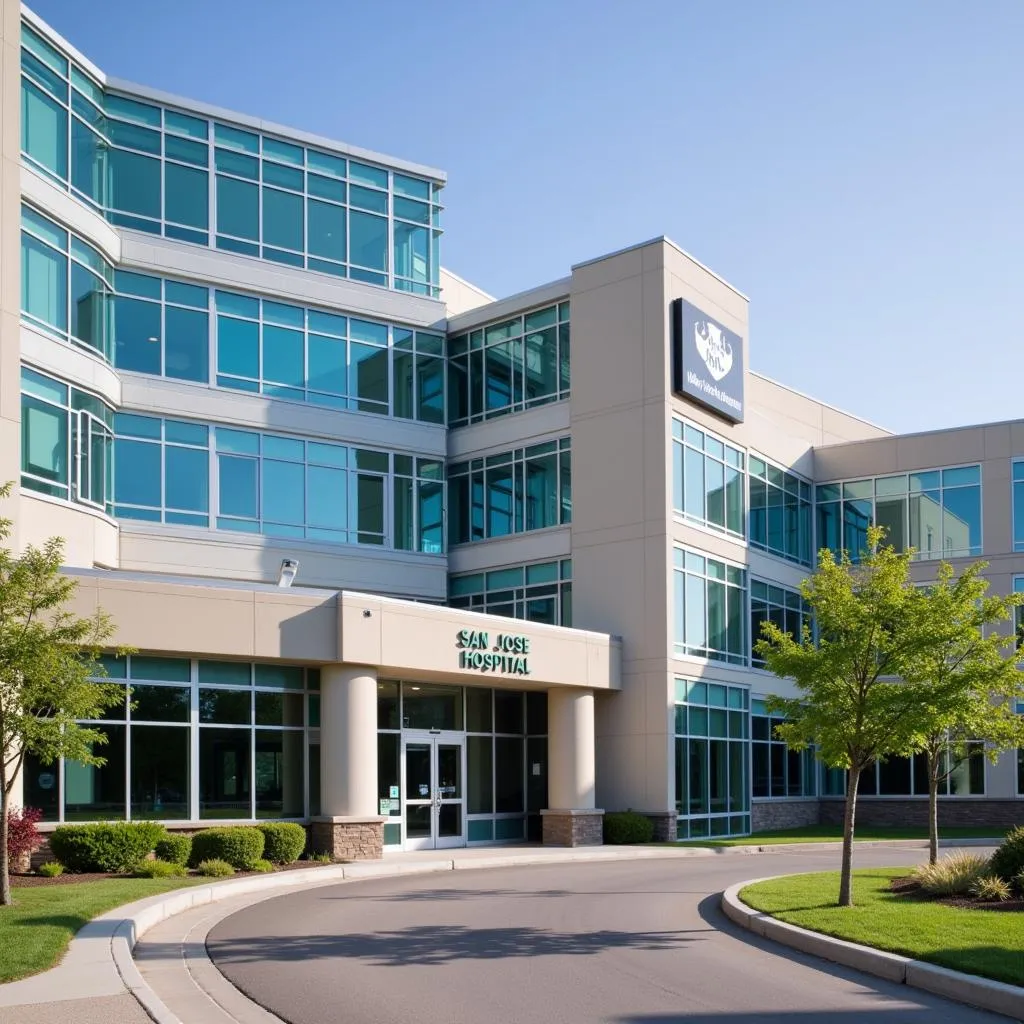Medicare Dependent Hospitals (MDHs) play a vital role in the US healthcare system, providing essential medical services to communities with limited access to care. These hospitals rely heavily on Medicare reimbursements, serving a high percentage of Medicare beneficiaries. This comprehensive guide delves into the intricacies of MDHs, exploring their significance, services offered, and the benefits they bring to patients.
What Defines a Medicare Dependent Hospital?
A Medicare Dependent Hospital is characterized by its significant reliance on Medicare payments for operational sustainability. These hospitals must meet specific criteria set by the Centers for Medicare & Medicaid Services (CMS), including:
- High Medicare Patient Percentage: MDHs treat a substantial proportion of patients enrolled in Medicare, typically exceeding 60% of their total patient population.
- Limited Alternative Funding Sources: These hospitals often operate in areas with lower-income populations, resulting in reduced revenue from private insurance or self-pay patients.
- Essential Healthcare Services: MDHs are crucial providers of essential medical services, including emergency care, inpatient services, and surgical procedures, within their communities.
The Vital Role of MDHs in Underserved Communities
MDHs serve as lifelines for healthcare access in underserved and rural communities across the nation. Their presence ensures that vulnerable populations, including the elderly, low-income individuals, and those residing in geographically isolated areas, receive necessary medical attention.
Without MDHs, many individuals would face significant barriers to accessing timely and appropriate healthcare, leading to potential health disparities and adverse outcomes.
Services Offered by Medicare Dependent Hospitals
MDHs offer a comprehensive range of medical services tailored to meet the unique needs of their patient populations. These services often include:
- Emergency Care: MDHs maintain 24/7 emergency departments equipped to handle a wide array of urgent medical situations.
- Inpatient Services: Patients requiring hospitalization for acute illnesses, injuries, or surgical recovery receive comprehensive care from a dedicated team of healthcare professionals.
- Surgical Procedures: Many MDHs possess the facilities and skilled surgeons to perform a variety of surgical interventions, reducing the need for patients to travel long distances for specialized care.
- Diagnostic Imaging: Advanced imaging technologies, such as X-ray, ultrasound, CT scans, and MRI, aid in accurate diagnosis and treatment planning.
- Laboratory Services: On-site laboratories facilitate timely and efficient bloodwork, urine analysis, and other essential diagnostic tests.
 Medical Professionals Attending to a Patient
Medical Professionals Attending to a Patient
Benefits of Medicare Dependent Hospitals
Choosing an MDH for your healthcare needs offers several advantages:
- Community Focus: MDHs prioritize serving their local communities, fostering a patient-centered environment where individuals feel known and valued.
- Personalized Care: With a focus on Medicare beneficiaries, MDHs often have experienced staff well-versed in addressing the unique medical complexities of older adults.
- Access to Essential Services: MDHs ensure that critical healthcare services remain accessible close to home, reducing the burden of travel and potential delays in treatment.
- Financial Stability for Vulnerable Communities: By providing consistent medical care, MDHs contribute to the overall well-being and economic stability of the communities they serve.
Navigating Medicare Coverage at an MDH
Medicare beneficiaries seeking care at an MDH can generally expect coverage for medically necessary services, subject to Medicare’s rules and regulations.
- Inpatient Hospital Stays: Medicare Part A typically covers inpatient hospital services, including semi-private rooms, meals, nursing care, and medications.
- Outpatient Services: Medicare Part B often covers doctor’s visits, emergency room care, and various outpatient procedures.
It’s crucial to understand your specific Medicare coverage and any potential out-of-pocket costs. Consulting with a Medicare representative or the hospital’s billing department can provide clarity and ensure a smooth healthcare experience.
Frequently Asked Questions (FAQs)
1. What if my preferred doctor doesn’t practice at an MDH?
While your chosen doctor might not be directly affiliated with an MDH, these hospitals often have a network of qualified physicians covering various specialties.
2. How can I find the nearest Medicare Dependent Hospital?
The CMS website offers a comprehensive directory of Medicare-certified hospitals, including MDHs, searchable by location.
3. Are MDHs equipped to handle complex medical conditions?
MDHs provide a wide range of services, but the complexity of care they can provide might vary. It’s best to contact the hospital directly to inquire about specific procedures or treatments.
4. What financial assistance options are available at MDHs?
MDHs often have financial counselors who can assist patients in understanding their coverage options and exploring potential financial assistance programs.
Seeking Quality Care at San Jose Hospital
At San Jose Hospital, we understand the critical role we play as a trusted healthcare provider. Our commitment to delivering exceptional medical care remains unwavering, ensuring our community has access to essential services.
 State-of-the-art Hospital Building
State-of-the-art Hospital Building
If you seek a compassionate and patient-centered approach to healthcare, our dedicated team is here to serve you. Contact us today at 02437655121, email us at [email protected], or visit our facility located at Số 298 Đ. Cầu Diễn, Minh Khai, Bắc Từ Liêm, Hà Nội, Việt Nam. We are available 24/7 to address your healthcare needs.